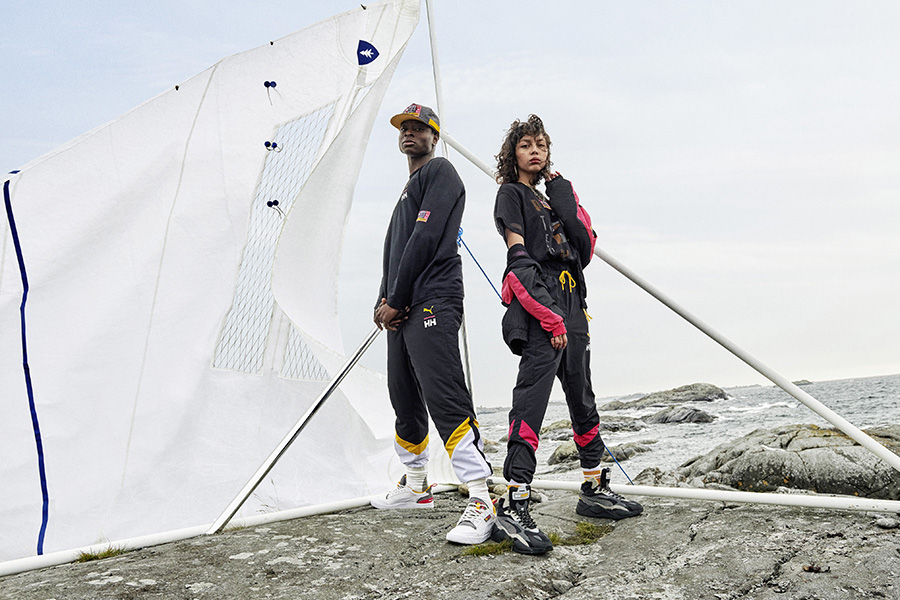Every human, business, and country depends on Nature, just like every human, business, and country has an impact on Nature. But human impacts are now so big, Nature can no longer deliver.
This is not breaking news. Climate change is happening, and the science is clear: It’s human activity driving these changes. Weather patterns are becoming more extreme, floods are disrupting cities, and water stress is now a real phenomenon around the world. The extinction rate is higher than ever, and, since 1990, 129 million hectares of the planet’s forests (an area as large as South Africa) have been destroyed.
And it’s not just the environment screaming at us: A child dies from hunger-related causes every six seconds. At the other end of the scale, the number of obese people on our planet has now surpassed the number of malnourished, with devastating impacts on human health.
Clearly, the system is reaching its limits. Unless we radically transform the way we eat, move, and live, the clash between humans and Nature will intensify. To bring that relationship back into balance, we need nothing less than an economic revolution, one comprised of three elements:
1. Innovation — to minimize impacts and maximize opportunities in the way we live, produce, and consume. Electric vehicles, renewable energy, the circular economy, and smarter diets are all signs of progress, but innovation needs to scale up fast.
2. Collaboration — to implement these solutions at scale
and speed. Businesses must work together within sectors and value chains to identify solutions. Governments, cities, and businesses must work together, with science providing a solid grounding for all activities.
3. Redefining value — to drive a new approach to decision-making. Today’s economic system values financial capital above everything, excluding many externalities necessary to secure future cash flows. This definition of value may have worked in a world with limitless resources, but that’s not the world we live in today.
We need to find a way to consider externalities in our decision-making, because if companies can deplete natural resources and pollute the atmosphere without paying for it, why would they invest in cleaner technology? If the price of food products doesn’t reflect the related health costs, what is the incentive to change the recipes? Why would a government refocus its policies if the measure of its success (i.e., GDP) doesn’t include any of the detrimental environmental impacts those policies may have?
The Natural Capital Protocol shows companies how to measure and manage externalities. The next step is to make this align with international, non-financial reporting frameworks like the Global Reporting Initiative. After that, sustainability indicators can be integrated into mainstream corporate reporting standards.

Companies like Kering — the French luxury goods group that owns Gucci, Dior, and Puma — are leading the way. Realizing their environmental costs totaled almost half their traditional financial profit, they created Environmental Profit and Loss accounting (EP&L) and now apply it to management decision-making across
the group.
Integrated capitalism creates value by integrating the externalities when calculating returns on financial, social, and natural capital. This takes the concept of the triple bottom line of people, planet, and profit to another level, by making it more robust, systematic, and mainstream. The objective is to optimize the balance and longevity of returns on all three capitals while being transparent about the inevitable trade-offs between them.
For this transformation of our economic system, a whole new mindset is required. On the right side of our brain, the Golden Rule can play a crucial role, encouraging us to do for Mother Nature what we want done for our children, our grandchildren, and ourselves. On the left side of our brain, we must learn to value Nature; in economic terms, that means paying for the externalities and learning to think of the services that Nature provides as capital. Our collective objective must be to preserve or maximize that capital for the long-term.
It is in this way — when faced with a multitude of global threats — we discover it is accountants who may be able to save the world.
This is extracted from Imaginal Cells: Visions of Transformation, a publication from Reboot the Future, which includes 25 of the world’s leading visionaries and their alternative roadmaps for the future. www.RebootTheFuture.org




































